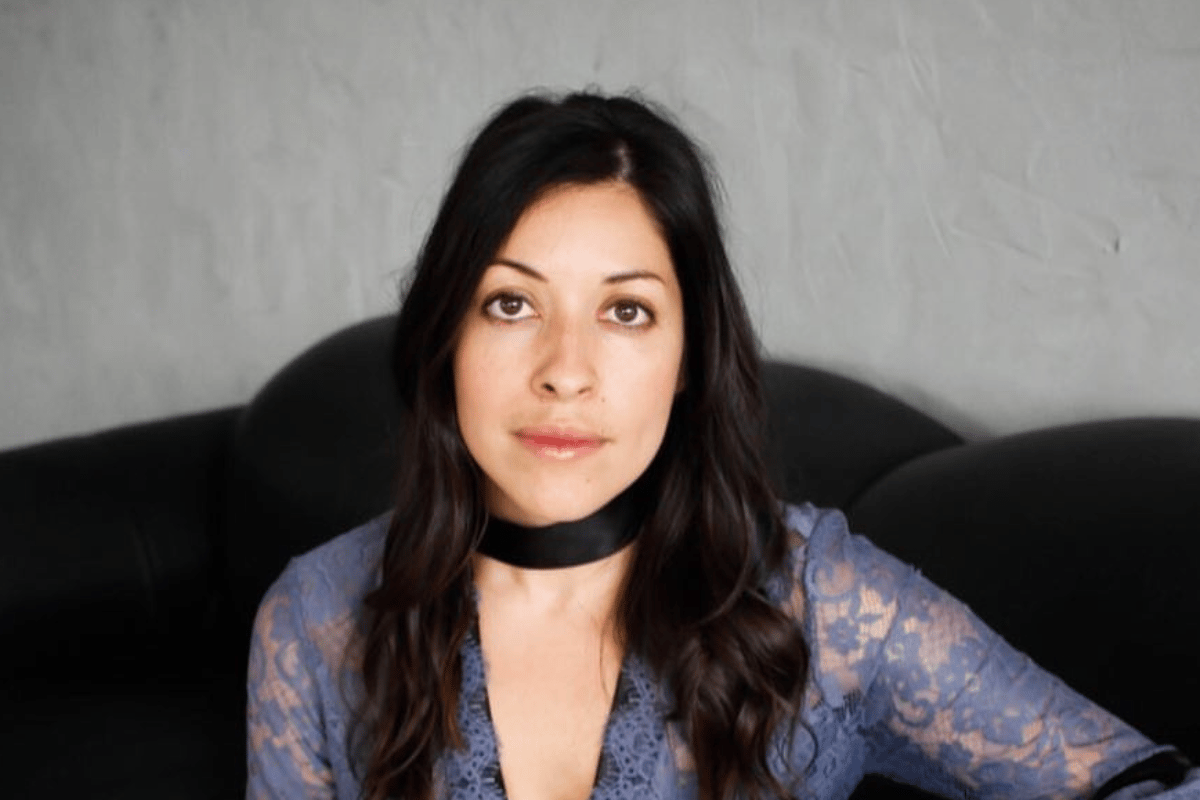
When Erica Garza started dating Elliot*, she felt like she was finally in a relationship with a grownup. She was a young college graduate and aspiring writer; he was a New York-based filmmaker in his late 30s, immersed in a world of celebrity, artistic pursuit, and financial success. They were engaged within months.
As Erica wrote in her 2018 book, "Getting Off", her relationship with Elliot was the first one she'd had that wasn't centred around sex. At first, it seemed like part of the appeal, but it soon became the central problem. As the months went on and the sex dwindled, Erica became frustrated. She even convinced herself that Elliot must have been sleeping with other women.
Listen: The Reality of Sex and Porn Addiction. Post continues after audio…
When they argued about it one afternoon, Elliot fired a question at her: "Have you wondered if you might be a sex addict?"
Furious, Erica yelled a denial. But somewhere, dampened by the rage, was a faint whisper of recognition.
"I would feel so much guilt."
Raised in a Latino Catholic household in Los Angeles in the 1980s and '90s, Erica knew little about sex.





























































































